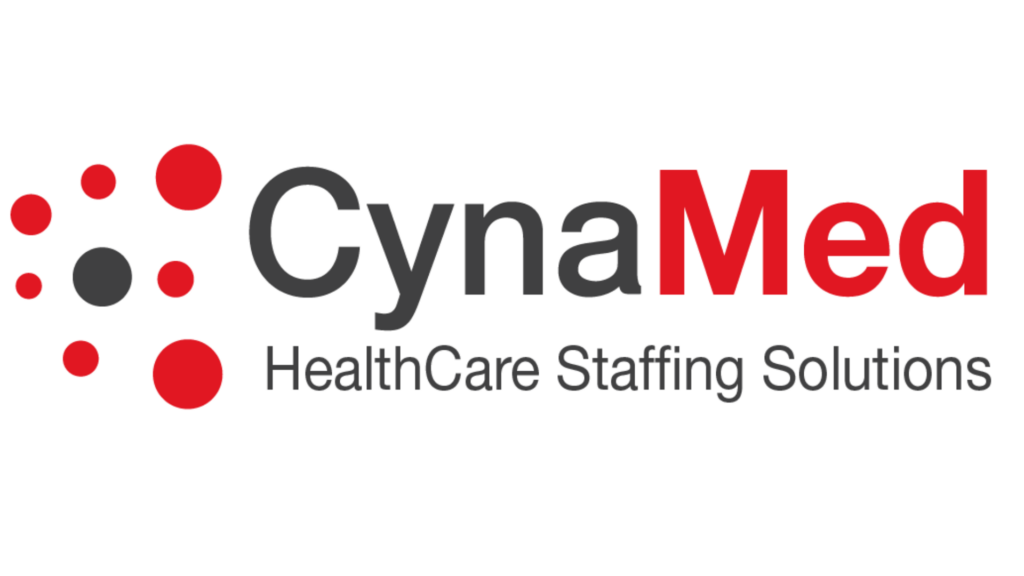If you are a Licensed practical nurse (LPN), your next career step might be to pursue a career as a registered nurse. RNs have to earn an Associate Degree in Nursing or a Bachelor of Science Degree in Nursing and pass the NCLEX-RN Exam.
Many schools take experience and work history into account toward the degrees. Many employers will work with, even encourage or better yet, fund, LPNs studying to become RNs.
RNs, according to the U.S. Bureau of Labor in 2019, earn $20,000-$35,000 more per year than LPNs.
Individually though, how do you tackle work and real life with being a student again?
What degree fits your plans?
There’s an associate’s degree and a bachelor’s degree. Which one fits you depends on your professional goals.
An Associate Degree in Nursing, or ADN, takes 1-2 years. A Bachelor of Science in Nursing degree, or BSN, takes 2-4 years.
An RN has managerial responsibilities and added autonomy in making decisions for patients compared to an LPN.
A BSN is more likely, than an ADN, to head staff as managers. Also, a BSN is more likely to earn promotions. A BSN can study, then work in specialized fields.
Tips for working students, or studying workers
-Time management
Time management is nothing new to anyone working the long shifts LPN nurses work.
When considering work, school, family and self care, time blocking might be a practical way to block time for school. It is as important to block time away from school.
Make your schedule realistic, not heroic.
You need a healthy amount of sleep. If a meal with the family takes 45 minutes, don’t short-change them or yourself and cram it into a non-existent spot on your schedule.
Trying to wedge too much into a day, or expecting to somehow clone yourself, will only set yourself up for defeat.
– Schedule breaks
It might be an unfortunate commentary to need to schedule breaks, but otherwise, it might not happen at all. It’s vital to mentally rest and recharge, even if only for a few minutes a few times a day.
When you take a break, do your best to have it be quiet. Get away from emails, voice messages or paying bills. Anything stressful or anything which still feels like work isn’t a break.
If cooking is a nice break for you, that’s great. If not, then making dinner doesn’t count as a break, even though it’s got to be on the schedule. Reading is a great break, if it’s recharging your mind instead of taxing it. Exercise is great for many reasons. Even a short break to do something healthy for your body and mind is relaxing and energizing at the same time.
– Eating smart
Thanks to long shifts, commutes, studying and the needs of your family, it’s too easy to eat junk or skip meals. This may save time. It’s also going to lead to no energy, no focus, exhaustion, being sick and worse job and school performance.
Like scheduling breaks, schedule time for eating, as in sitting down and having a balanced meal – the vending machine doesn’t count.
Preparing meals saves time. It saves money versus take-out, delivery or waste. It’s healthier than burgers and fries. A better diet, which you won’t need to think about as much once you’re in the routine of prepping it, is a stress reliever.
– Friends, family, support
Your family and friends, even mentors with work or school, want to help. They want to be there for you. You’re too busy to trust them to help. Sometimes all it takes for an assist with dinner is to ask.
Make full use of any official (a.k.a. you’ve paid for it) support from the school. They know what it’s like. They want you to succeed.
CynaMed
CynaMed Healthcare Staffing Solutions is a premier nurse staffing provider throughout Western Pennsylvania. For more on LPN, CNA, or RN jobs, please visit CynaMed’s job portal.






